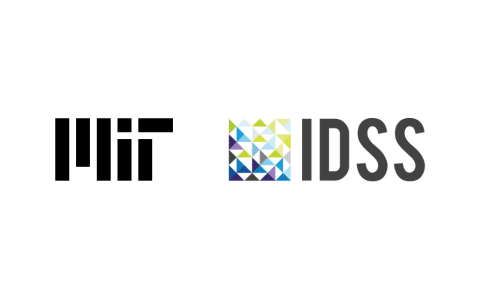Data Science in FMCG
Understand key transformation blueprint in CPG industry with Data Science in FMCG course.

Ratings
Level
Learning hours
Learners
Skills you will learn
About this course
This course on how Data Science, in a few of the many ways, unwraps, market, evolution, optimizes digital manufacturing that underpins and nurtures a key transformation road map in the CPG industry. This course will give a glimpse based on real-world scenarios, with a solution and industry insights, and on what it takes to make the impact.
Course Outline
 UPGRADE
UPGRADE
Recommended university programs
Frequently Asked Questions
Will I receive a certificate upon completing this free course?
Is this course free?
How do you analyze FMCG sales data?
FMCG sales data can be analyzed in a number of ways, depending on the specific information that is being looked at. Some common ways to analyze FMCG sales data include looking at sales by geographic region, product category, or specific product. Additionally, to see how sales are changing over time, FMCG sales data can be analyzed in terms of trend data.
How can I get FMCG data?
There are a few ways to get FMCG data. One way is to purchase a market research report from a reputable market research company. Another way is to access public databases, such as Nielsen or Euromonitor, which contain FMCG data. Finally, you can contact FMCG companies directly and request data.
How is forecasting done in an FMCG company?
Other Data Science tutorials for you
Data Science in FMCG Course
Data Science is a multidisciplinary field that involves using statistical, computational, and mathematical techniques to extract insights and knowledge from data. It encompasses various aspects of data analysis, including data collection, data cleaning, data modeling, and data visualization. The goal of data science is to use data to inform decision-making and drive positive outcomes for organizations.
In the context of the Fast Moving Consumer Goods (FMCG) industry, data science plays a critical role in helping organizations to understand consumer behavior, market trends, and sales performance. By using data to make informed business decisions, FMCG organizations can improve their marketing strategies, product offerings, and customer engagement.
For example, data science in FMCG can be used to identify the most popular products and understand consumer preferences and purchasing patterns. This information can then be used to optimize pricing strategies, improve product development, and create targeted marketing campaigns.
Additionally, data science in FMCG can help organizations to track and analyze sales data, customer behavior, and market trends. This information can be used to identify areas for improvement, such as inventory management and supply chain optimization, and to optimize overall operations for maximum efficiency and profitability.
The benefits of using data science in FMCG are numerous. By using data to make informed business decisions, FMCG organizations can improve their marketing strategies, product offerings, and customer engagement. Additionally, data science in FMCG can help organizations to identify areas for improvement and to optimize their overall operations for maximum efficiency and profitability.
In conclusion, data science plays a critical role in the FMCG industry. By collecting and analyzing data, FMCG organizations can make informed business decisions and improve their marketing strategies, product offerings, and customer engagement. Whether you are just starting out with data science in FMCG or looking to take your organization to the next level, the benefits of this technology are clear.























.jpg)


















